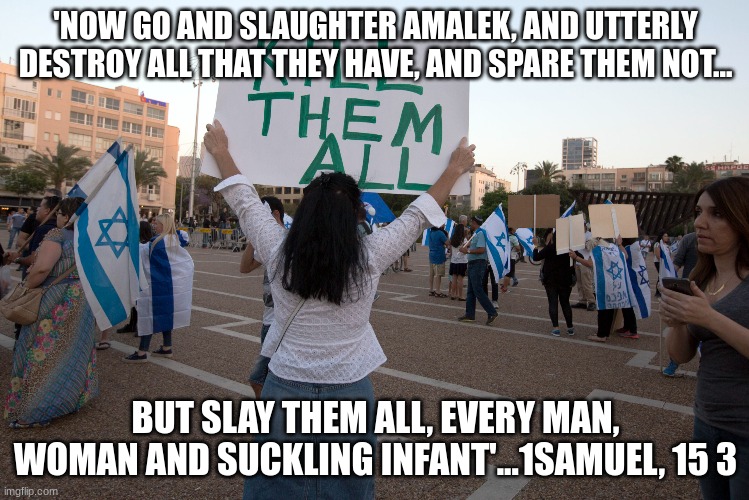With around 85% of Gaza’s 2.3 million residents displaced, some families feel they have reached rock bottom as they search for a place to call home in the war-torn enclave
Times of Israel
With one million Gazans displaced from their homes by Israel’s war, five families have moved into a chicken farm, living in its long concrete sheds, the battery coops transformed into bunk beds.
More than 85 percent of Gaza’s 2.3 million inhabitants have fled their homes, with about one million flocking into Rafah, hard against the Egyptian border.
Many of them live in tents crammed into empty lots or patches of beach.
For the Hanoon family, one of five in an extended clan that has moved in there, the chicken farm feels close to rock bottom.
‘We’re living in a place meant for animals,’ said Umm Mahdi Hanoon, standing among the cages. ‘Imagine a child sleeping in a chicken crate.’
‘The place is very bad. Water leaks down on us. The cold is really harsh for the children, for the old people, for those who are ill… sometimes we wish the morning won’t come,’ she said.
Her son Mahdi said they had lived in the Sheikh Radwan neighborhood of Gaza City, which was a key focus of the fighting between Israel and Hamas early in the war.
‘We moved to al-Zawayda. Due to the shelling, we looked for another place but couldn’t find one because there are a lot of us. Then an acquaintance, a friend of my cousin’s, told me there’s a chicken farm in Rafah with cages,’ he said.
‘We struggled at first. There were insects. We have children,’ he said, initially thinking they would only be there for a couple of days.
But as time went by, they had to accept that the chicken sheds would be their home for much longer. They use the metal frames of the cages as beds and cook bread, when they manage to find flour, on a metal stove on the floor.
‘It is hard to live in a place like this, a place which was designed for chicken and birds. You find yourself in a cage,’ Mahdi said.
The Hamas-run Gaza health ministry has claimed that more than 27,800 people have been killed since the start of the fighting four months ago, most of whom are women and children.
